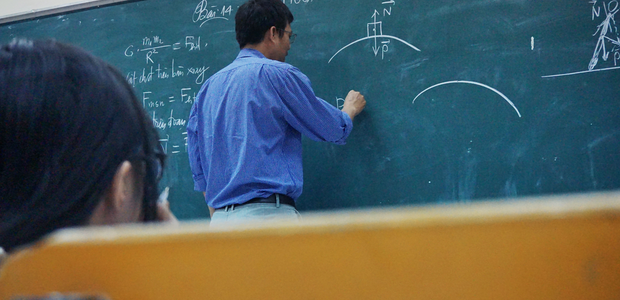
 WIDER Seminar Series
WIDER Seminar Series
Alexandra Hartmann presents at the WIDER Seminar Series on 4 June 2024.
What is the demand for legal empowerment amongst forcibly displaced people? Does legal information lead to changes in well-being? We study legal empowerment through a randomized trial with 1,707 refugees and asylum seekers in Greece. We use an encouragement design to understand both variation in information-seeking behavior and the impact of information. At baseline, nearly half of the participants were unaware of how to seek help after experiencing violence. Comparing generic (website-based) and personalized (WhatsApp chat with a caseworker) legal information against a control, we find more demand for generic than personalized legal information. Both improved participants' knowledge of exploitation under Greek law (by 0.17 SD) and increased confidence in responding to violence (by 0.15 SD) three months after treatment. Impacts on other outcomes were limited. We identify a trade-off between the higher uptake of generic information and the more effective personalized conversations, advancing our understanding of the autonomous demand for legal empowerment and suggesting actionable strategies for supporting forcibly displaced people.
Dr Alexandra Hartman is an Associate Professor in Political Science. She joined the Department in 2016. She studied Political Science (MA, PhD) at Yale University, and International Relations (BA) at Brown University. She is a member of Evidence in Governance and Politics (EGAP), Innovations for Poverty Action (IPA), and the Land Politics Working Group (joint with LSE).
Her research focuses on the political economy of institutions in fragile states. Her work employs a variety of research designs and data collection strategies, including large-scale randomised control trials, surveys, and in-depth interviews and observation. Her current projects encompass three main themes:
First, she studies how changing property rights institutions shape politics, including dispute resolution, and economic outcomes, such as the exploitation of natural resources, in Liberia.
Second, she explores how economic policies shape intrahousehold politics. She has two ongoing projects in Myanmar and Côte d’Ivoire that examine changing access to women's property rights and changes in political, social, and economic dynamics within households.
Finally, she also studies the politics of forced displacement, including the institutional and individual factors that shape decision-making during humanitarian crises using microlevel data from West Africa and the Middle East.
The WIDER Seminar Series showcases the latest research on key topics in development economics. It provides a forum for senior and early-career researchers, both in-house and external, to present recent and ongoing work related to UNU-WIDER’s current work programme.
In addition to providing a forum for both academic debate and training, the series presents an opportunity for policymakers and others interested in development to learn about the latest research methods and findings.
The WIDER Seminar Series events take place on Wednesdays. All those interested are invited to register and attend via Zoom or in person.